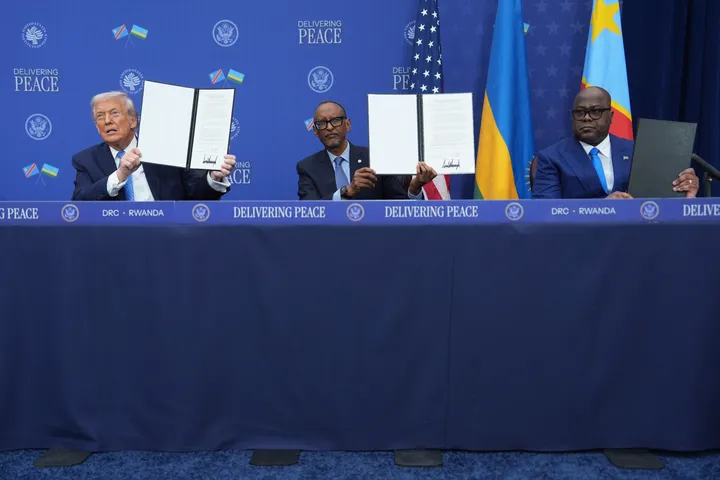By Mpoki Thomson
The guest speaker was none other than the renowned venture capitalist from South Africa, Vusi Thembekwayo. Themed ‘Growth Mindset and Entrepreneurship’, the conclave left me with as many questions as answers.
Vusi eloquently explained the African startup ecosystem and how far we have progressed to where we are today. He touched on many critical issues inhibiting growth of the startup space. And he shared his lessons on failure and growth.
But what stood out as he shared his wealth of experience with an audience of young, aspiring African techpreneurs from across the East African region was his view on how misaligned African budding businesses are in thinking they can replicate a Silicon Valley type of investment system.
What struck a chord from his nuanced perspective on how African businesses gravitate more towards a Western investment setup was that we have been here before and have seen this happening not just in the startup ecosystem but across multiple sectors.
Africa is clinging to Western ideals and principles that are evidently unsuitable for the continent. The advancements that Africa has made over the years in the tech space and other areas of development are watered down when we let different foreign cultures dictate the terms of operation and define what our success should look like.
Unfortunately, the dependence on Western culture might be by design, particularly in the investment realm. In 2022, African startups attracted close to $5 billion, with most of the funds going to fintech.
However, in this context, the drawback is that most funds were from Western companies with significant financial muscle.
It is no secret that foreign investors have dominated the capital pool on the continent, providing the liquidity needed to kick-start local companies. According to the African Development Bank’s (AfDB) 2021 report, 90 percent of Tech investment in the continent is shared between Kenya, Nigeria, Egypt and South Africa.
Foreign investment apatite
For years, American tech giant Google has provided equity-free capital to entry-level businesses in Africa. A monthly database and insights platform on startup funding in Africa, dubbed ‘Africa: The Big Deal’, reports that in 2022 alone, Google, through its Black Founders Fund, invested over $4 million in 60 African startups.
What continues to keep Africa pigeonholed into replicating Western ways of doing business is that six of Africa’s top 10 startup investors are foreign companies. The investment appetite of “outsiders” goes beyond the private sector. Governments and other public institutions have also been fascinated by the bright future that the African startup ecosystem promises.
Going back to what Vusi shared about what is holding back young African businesses, the desire to grow too fast by simply attracting quick investors is a contributing factor.
The expert investor, who has been through the highs and lows of the trade, believes that the solutions to Africa’s investment and trade snags lie within the continent and its willingness to open up its trade corridors.
He advocates a borderless Africa where intra-trade is not derailed by physical (non-tariff) or tariff barriers.
When put into the context of modern Africa determining its future, this logic opens up another debate on why the continent has failed to emancipate itself from its former captors.
To date, Africa is still dancing to the tunes and whims of Western powers. From a geopolitical to an economic perspective, we continue to rely on external factors to make a move that is inherent to the success story of our very own future.
So, when a successful entrepreneur shares his thoughts, which lay bare the blunt truth of Africa’s dependence on donor funds and handouts, it echoes sentiments shared since time immemorial: “Africa needs to own its destiny.”
Disservice to Africa
The Googles of this world will always set their sights on the most rewarding prospects. In the nature of the world, the most powerful tend to expand their dominion. Are we ready to change our ways of life and thought processes to align with foreign notions of what is good for us and not?
This, in itself, is a form of subjugation that denies African men and women their identity.
We would be doing a great disservice to ourselves and the continent we call our motherland if we failed to acknowledge that Africa is unlike any other part of the world.
There’s a reason why we are today identified as the future of the entire globe. There is a reason why different continents are flocking to Africa in a desperate bid to secure the future.
Once it dawns on us that our circumstances are singular, we will embrace the diversity that continues to shape and define the people we are and our truest potential.
(The author, Mpoki Thomson, is a multimedia journalist based in Dar es Salaam)
























